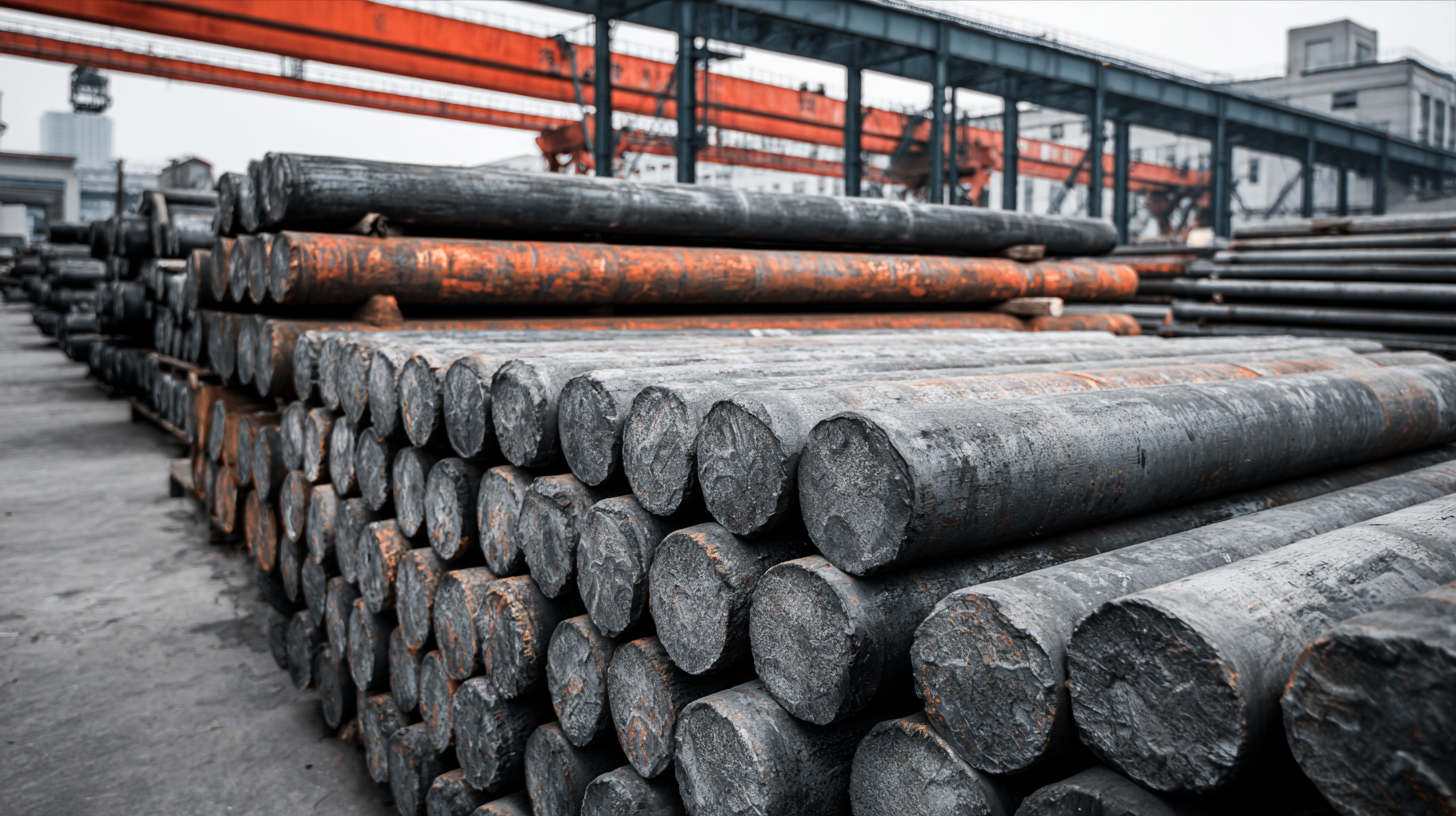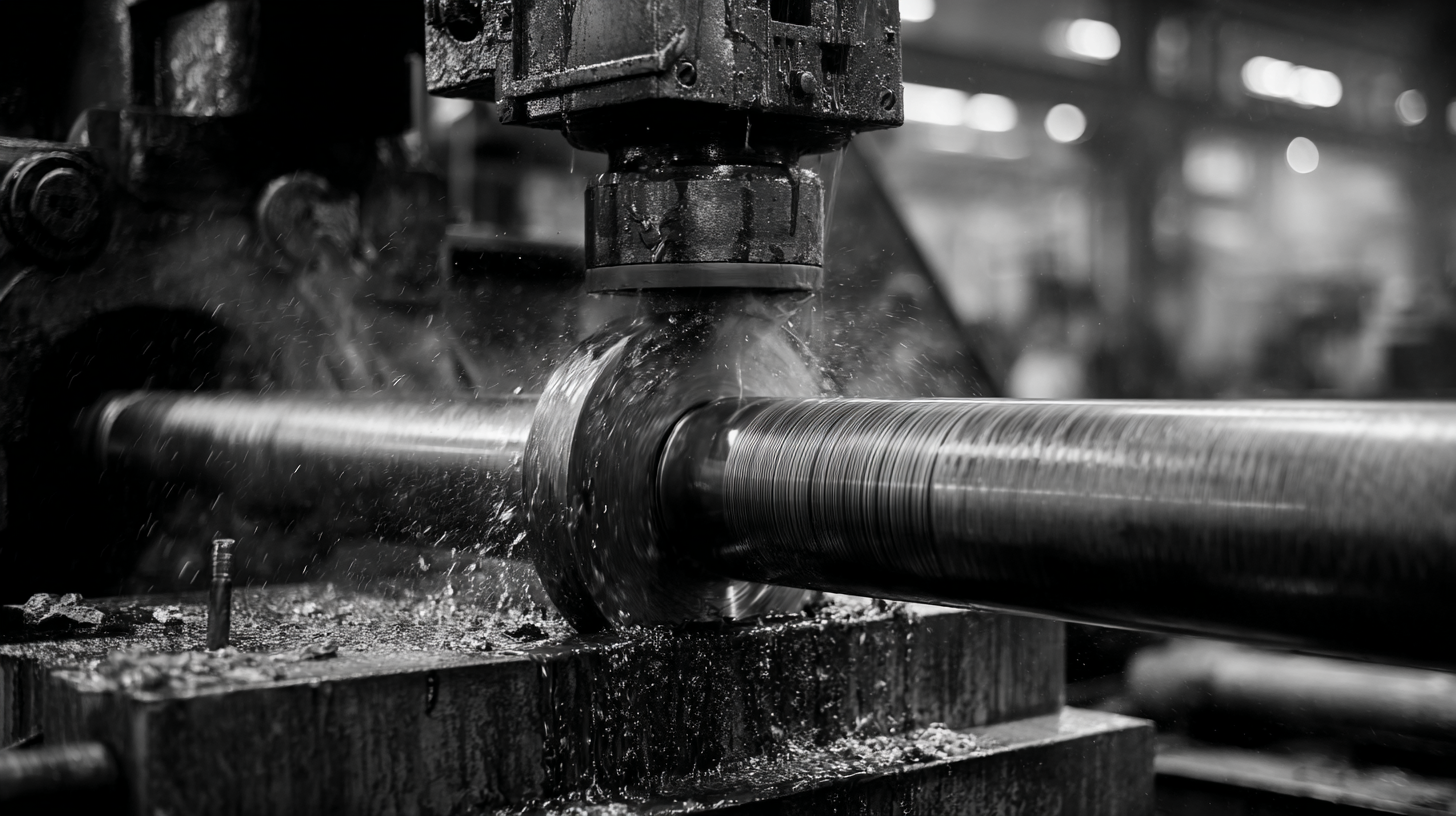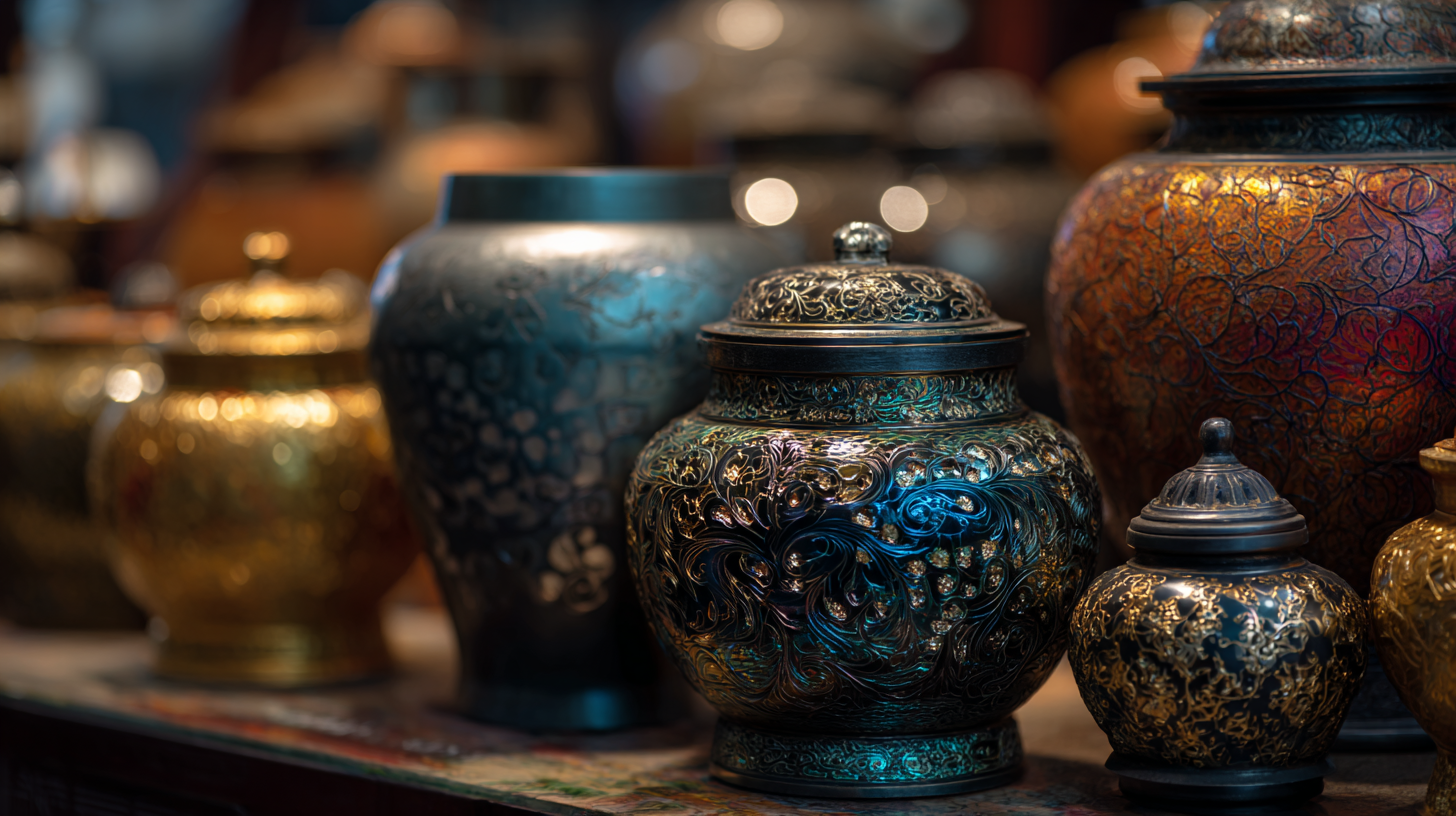Leave Your Message
The global appeal of Chinese manufacturing has significantly risen in recent years, particularly with products like Silicon Iron, a crucial material for various industries, including automotive and electronics. According to a recent Markets and Markets report, the global silicon iron market is projected to reach $1.53 billion by 2026, growing at a CAGR of 4.7% during the forecast period. This growth is driven by the increasing demand for electric vehicles and renewable energy technologies, where Silicon Iron plays a pivotal role due to its superior magnetic properties and cost-effectiveness.

China's innovative manufacturing techniques and stringent quality control standards have propelled the country to the forefront of Silicon Iron production, attracting international buyers looking for premium quality at competitive prices. As globalization continues to shape supply chains, understanding the reasons behind the appeal of Chinese Silicon Iron becomes essential for industry stakeholders.
The global market for Chinese silicon iron is witnessing a significant surge as demand escalates across various industries. According to industry forecasts, the Ferro Silicon market is projected to reach USD 15.1 billion by 2034, driven largely by the booming steel sector, which relies heavily on this crucial alloy. China's competitive manufacturing capabilities have positioned the country as a leading supplier, capitalizing on the increasing necessity for high-performance materials in construction and engineering applications.
Moreover, the broader industrial landscape shows promising growth, with global polysilicon production reporting steady expansion, in which China contributes approximately 50% of the world’s output. As investments in renewable energy grow, the demand for polysilicon—a vital component for solar panels—continues to rise. This trend is reflected in the projected increase in polysilicon prices as Chinese manufacturers respond to capacity cuts from current market conditions. The rise of Chinese silicon iron not only showcases the nation’s manufacturing prowess but also highlights its potential to influence future market dynamics significantly.
In the ever-evolving landscape of global manufacturing, the significance of premium quality silicon iron cannot be overstated. This advanced material possesses unique properties that make it a favorite among various industries, including automotive, electrical, and construction. One of the key advantages of premium quality silicon iron is its superior magnetic performance, which allows for more efficient energy use in electrical applications. This efficiency not only helps in reducing operational costs but also contributes to environmentally friendly practices by minimizing energy loss.
Another compelling benefit of silicon iron is its exceptional durability and mechanical strength. Products made from this material can withstand extreme conditions, making them ideal for heavy-duty applications. Industries that require high-performance components, such as transformers and electric motors, often turn to silicon iron for its long-lasting reliability and resistance to wear and tear. Furthermore, the versatility of silicon iron allows manufacturers to innovate, producing components that meet specific demands and adapt to changing technologies, thus ensuring their competitive edge in the global market.
Chinese manufacturing has long been recognized for its ability to deliver premium quality products, particularly in the field of silicon iron. The country’s vast industrial infrastructure and advanced technology enable manufacturers to maintain impressive consistency and reliability throughout their production processes. By adhering to stringent quality control standards and utilizing state-of-the-art machinery, Chinese factories can produce silicon iron that meets the highest global specifications, ensuring that clients receive products they can depend on for various applications, from construction to electronics.
The commitment to excellence is evident in the meticulous sourcing of raw materials and the rigorous testing conducted at every stage of manufacturing. Companies invest heavily in research and development to innovate and refine their processes, allowing them to stay competitive while producing silicon iron that is not only durable but also cost-effective. This unwavering dedication to quality has contributed to the growing global appeal of Chinese manufacturing, as businesses around the world recognize the value of reliability in their supply chains. Whether for large-scale industrial projects or smaller enterprises, the assurance that comes with Chinese-made silicon iron is a game-changer.

Innovation plays a pivotal role in the production of silicon iron in China, driving both quality and efficiency in a highly competitive market. According to a recent industry report by Mordor Intelligence, the Chinese silicon iron market is projected to grow at a CAGR of 5.2% from 2021 to 2026, capturing nearly 47% of the global market share. This growth is fueled by advancements in smelting technologies and raw material sourcing, ensuring a superior product that meets international standards and specifications.
To stay ahead in the silicon iron manufacturing landscape, companies are increasingly adopting innovative practices. For instance, integrating AI-driven analytics in production processes has enabled manufacturers to enhance their operational efficiency and reduce waste. Tips for businesses looking to improve their silicon iron production include investing in modern equipment that supports automation and implementing rigorous quality control measures to monitor each production phase.
Additionally, collaboration with research institutions can foster innovation in material science, leading to the development of new silicon iron alloys with enhanced properties. Implementing these strategies not only boosts product quality but also positions companies favorably in the global market, where manufacturers are consistently seeking reliable and innovative suppliers.
This chart illustrates the increasing production volume of silicon iron in China from 2018 to 2023. The consistent growth highlights the role of innovation and quality improvements in enhancing Chinese manufacturing capabilities on a global scale.
The global demand for high-quality silicon iron products has surged in recent years, driven by its critical applications in various industries, including automotive, electronics, and energy. This surge is largely attributed to the need for materials that enhance performance while reducing energy consumption. With its superior magnetic properties and mechanical strength, silicon iron is increasingly recognized as a vital component in manufacturing transformers, inductors, and electric motors.
Tip: When selecting a supplier for silicon iron, it's crucial to consider their quality certifications and production processes. Ensuring that the materials meet international standards will not only enhance product performance but also guarantee reliability in your applications.

